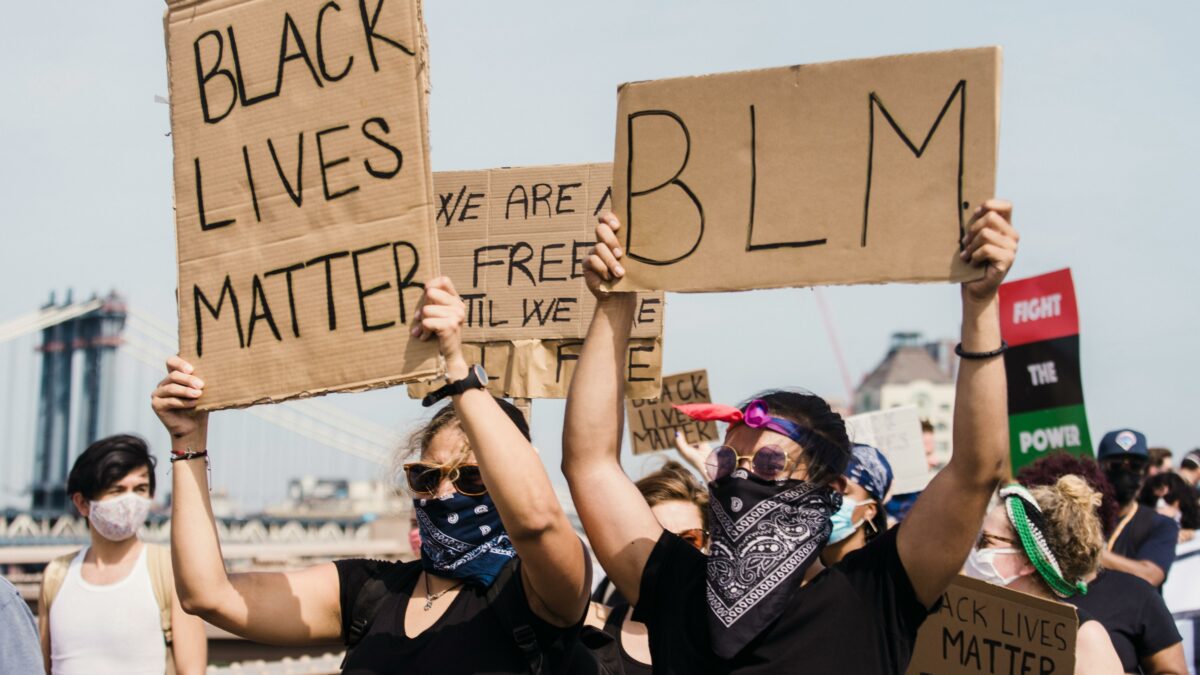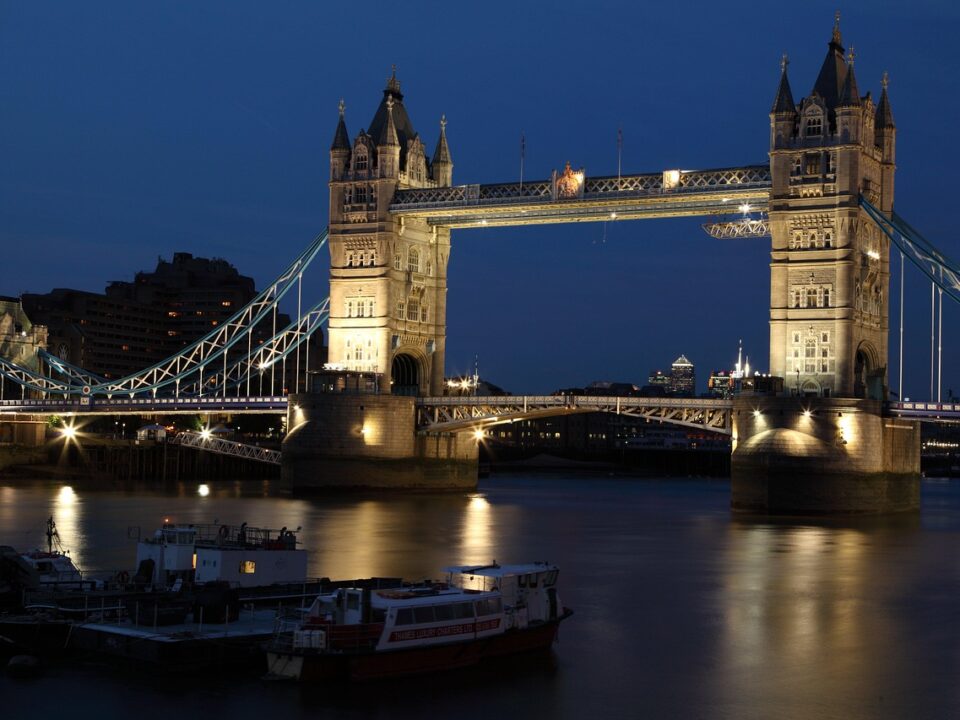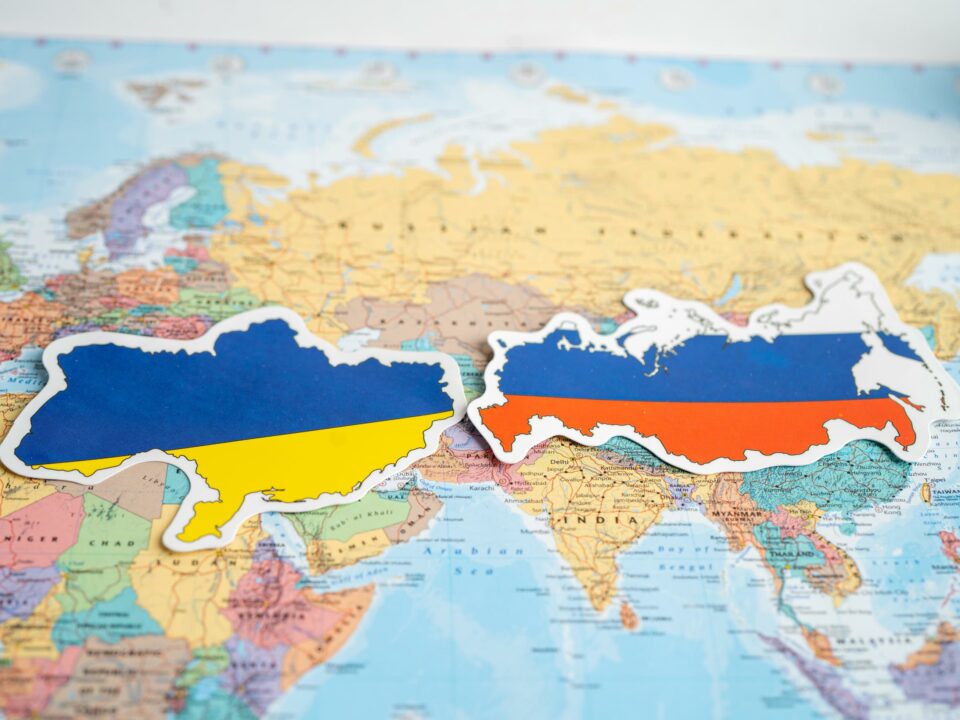
Reforming the Failing National Probation Service
February 14, 2025
Embracing the Art of Negotiation in Law School and Beyond
February 14, 2025Article by Nisha Rikhi
The issue of race has been a problem in the UK for a long time. With the recent finding that Pontins engaged in race discrimination against the Traveller community and the recent death of George Floyd in the United States, it is clear that racism has not gone away. Therefore, we should examine why the issue of race continues to be a problem in the twenty-first century.
Immigration is the main reason that explains why race continues to be an explosive issue today. In recent years, we have seen rising tensions and debates in Britain, Europe, Australia, and the United States about immigration. Immigration is a convenient issue used by the far-right to stoke social unrest as it allows them to blame immigrants and ethnic minorities for often pre-existing social problems. In some cases, immigrants are characterised as criminals or those taking jobs from homegrown citizens to justify xenophobic ideology. In Britain, the rise of immigration has been publicly blamed by some for the chronic shortage of housing in the country, which is emphatically untrue as governments have simply failed to build enough homes in recent decades. In the United States, we have seen continued debates over curtailing immigration from south America, leading to discussions about building a border wall between the United States and Mexico. It is clear that the issue of immigration has evoked dangerous xenophobic sentiments across the western world and has led to a desire to radically reduce immigration. During the migrant crisis, we saw the often barbaric and cruel way Muslim refugees from Syria and other war-torn countries were treated by European countries. The failure of Britain, Europe and the United States to provide safe passage and asylum for refugees fleeing war and torture in indicative of both the xenophobic sentiments in the West and the hostility that many wish to mete out to non-white immigrants and refugees.
The hostility faced by non-white immigrants could be explained by the pervasive inheritance left by colonialism. This is because although the colonial empires are gone and most of the colonies are now independent countries, the colonial ideology lives on. There is an idea still in some sections of society that western countries are still the most powerful and influential.The existing post-1945, makeup of the United Nations’ security council is evidence of this pervasive idea as the members are mainly former European colonial powers and the United States. The failure of the British government to return the Koh-i-Noor diamond to India, which was looted by the British during colonial times and the British government’s failure to apologise for the Amritsar massacre is an example of western indifference to the suffering that they imposed on former colonies. The presence of the United States as the global hegemony only gives further credence to the colonial view that is still present in the west. This is because the United States has a history of taking actions in other countries that while benefiting the west, have disastrous consequences for the former colonies. The Iraq War, the recent pull-out from Afghanistan, and involvement in regime changes in Nicaragua, Venezuela and Iran are evidence of this. American involvement in the Iranian revolution of 1979 led to the rise of the current Islamic regime which has dabbled in hostage diplomacy and runs an oppressive regime that harms its own people, including women. American support for the Mujahidin in Afghanistan led to the creation of the Taliban. The subsequent American withdrawal from Afghanistan has resulted in the re-establishment of the Taliban government which now oppresses its women and terrorises those who oppose them. It is clear that the colonial ideas of the empires now since gone still impact people’s relationship with race and is part of the reason why race is still an important issue today.
Christian hegemony is perhaps one of the most important factors to consider when thinking about why race and racial unrest is still a societal problem today. Prior to the arrival of Windrush migrants from the Caribbean between 1948 and 1973, Britain had been a predominantly white, Christian country. The arrival of immigrants who were of a different race began to change the social fabric of Britain. The rise of immigration seen across Britain and the Western world has undoubtedly led to tensions in countries that were originally predominately white Christian in makeup. Some white people in western countries resent the social, racial and cultural changes that non-white, non-Christian immigration has brought to their countries. This has led to racism and religious bigotry, often with dangerous and tragic consequences. The tragic case of a far-right terror attack on a mosque in Christchurch, New Zealand resulting in the deaths of fifty-one Muslim worshippers, and the recent unrest stoked by the far-right across Britain that resulted in attacks on immigration advice centres and migrant hotels show how dangerous racism can be.
But if one examines the way people of colour are treated, we can find copious evidence of the effects of Christian hegemony on society. The most obvious examples of this are cultural as an examination of the cultural landscape in the west shows that it is still very Christian in its focus. In the media, supermarkets and advertisements, we see celebrations of Christian holidays such as Christmas and Easter, but no celebration or little mention of non-Christian holidays like Diwali, Holi, Hanukkah and Rosh Hashanah. In recent years, we have seen attempts to restrict the use or wearing of religious symbols in civic life as several countries in Europe have or have proposed bans or restrictions on religious symbols and head coverings, including the burqa and the hijab. Although multiculturalism has been successful across the board, with ethnic minorities contributing to society, taking up work and participating in the cultural life of Western countries, these cultural flashpoints are an indication of bubbling racial and religious tensions. It is clear that this represents a form of opposition to the dilution of the Christian identity, with some claiming that Muslim immigrants are ‘Islamising’ countries or criticising immigrants who speak foreign languages or practice different religions for failing to integrate into the white, Christian hegemony. This is because there are some, particularly those who subscribe to the far-right ideology, who are hostile to immigrants because they resent the cultural changes to society.
It has long been clear that race discrimination has been a problem in state institutions. The iconic Stephen Lawrence enquiry branded the Metropolitan Police as institutionally racist. This is because police officers failed to conduct a thorough and competent investigation simply because the victim was black, which allowed the white, racist gang who killed him to go free for decades. The treatment of Child Q by the Metropolitan police in recent times has proved that racism and racist practices still exist within the British police today, as the police behaved in a way that they would not have behaved had they been dealing with a white child. The murder of George Floyd in Minnesota, is evidence that racism is alive in police forces on both sides of the Atlantic. It is clear that for public confidence in the police in Britain and the United States to be restored, action has to be taken to improve the way black people and other ethnic minorities are policed. However, the opposition to changing the way that ethnic minorities are policed is deeply embedded. This is because there are many in the western world, including some members of the police and other state institutions, who do not believe that their institutions are racist. The idea of reforming the way institutions deal with people of colour is viewed as positive discrimination or preferential treatment, which it is not. It is simply the idea that people of different races should be treated in the same way that white people are treated. This is something that many within institutions of the state oppose. Until institutions of the state are prepared to accept that they are institutionally racist and radically reform their institutions, race will continue to be an explosive issue.
Therefore, it is clear that the pervasive nature of colonialism has affected the way people view race and has created the hostility towards immigration that we see being played out in political debates and far-right riots. This is all fuelled by the resentment that white Christians are no longer the sole holders of power as there are some who oppose multiculturalism and seek to attack those of differing races and religions to try to re-establish the white Christian cultural norms that they feel are changing. This all explain why the relationship between people of colour and the institutions of the state is hostile, and it demonstrates why race is still an explosive issue in the twenty-first century.





